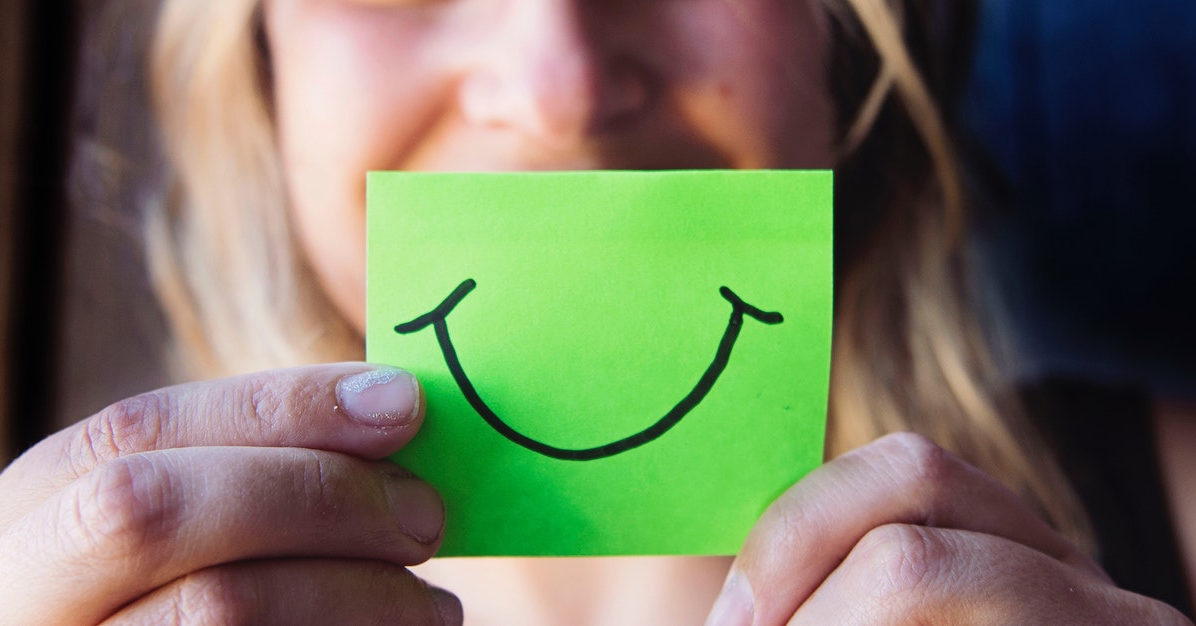Positive reinforcement and conditioning are concepts that have long been known in psychology. Perhaps the oldest notable example (and arguably, the most notable example) of this phenomenon being demonstrated in clinical psychology came from Ivan Pavlov’s famous 1890s experiments examining the behavior of dogs who were positively rewarded for adhering to classical conditioning. (Encyclopedia Britannica)
Just as the principles of positive reinforcement have been clinically demonstrated by dogs and other mammals, research also seems to support the notion that these positive reinforcement principles apply to human psychology. One novel area of psychotherapy that has garnered more recent attention for its potentially remarkable efficacy is ketamine therapy.
First utilized as an anesthetic in the Vietnam War, ketamine therapy treatments (via transfusions and sublingual doses) have since shown potential efficacy in a number of other treatment areas, including alleviating the symptoms of chronic pain and many mental health conditions.
Perhaps the most remarkable potential treatment area for ketamine therapy lies in its possible antidepressant properties - one notable Cambridge University study found that it can alleviate depression within the first 1-24 hours after use! Another new academic psychiatry study, which recently got some spotlight in NPR, suggests that these fast onset positive benefits may actually set in faster with the assistance of positively reinforced imagery!
Traditional SSRI and antidepressant medications like Prozac can take weeks to take effect and show relief. Let’s explore how researchers at the University of Pittsburgh potentially generated months-long relief in a matter of minutes.
How Ketamine Works: What Ketamine Does To The Brain
Past and present research posits that the brain temporarily forms new connections while it’s under the influence of ketamine, as the drug stimulates NDMA receptors. In the midst of this state, the brain’s innate neuroplasticity seems more amenable to changing and evolving, which is how low dose ketamine may counteract the symptoms of depression, P.T.S.D, addiction, and anxiety disorders.
In their report, published in The American Journal of Psychiatry, University of Pittsburgh researchers tried to examine how the use of positive digital imagery and computer games could help guide this neuroplasticity in a more positive direction. As Ph.D. Rebecca Price, one author of the study put it, “we tried to use that window of opportunity just after ketamine to strengthen associations specifically between the idea of me, myself, and positive information and attributes."
With that particular approach in mind, the research team ordered some of the trial’s participants (154 adults from the ages of 18 to 60 with treatment-resistant depression) to play computer games for 30-40 minutes a day for 4 consecutive days following therapeutic treatment with ketamine infusions.
These computer games would go on to strengthen the associations' Price referenced through the use of positive imagery like smiley faces, or the letter “I” paired with positive terms like “lovable” and “worthy.” Incredibly, even just for those additional four days, this group of participants saw sustained antidepressant effects for up to three months, a much longer average duration than the group who simply received ketamine therapy without the positive image reinforcement.
These study results suggest that, at least in the context of treating depression, a combination approach of ketamine therapy and tele-therapeutic positive reinforcement used in tandem may be even more effective at yielding positive mental health outcomes than ketamine therapy alone.
Are Ketamine Infusions Covered By Insurance?
Part of the motivation behind this University Of Pittsburgh study was to find a more cost-effective way that patients could reap the benefits of ketamine therapy. Unfortunately, since ketamine’s use in therapeutic settings is such a novel thing, the treatment is seldom covered by most health insurance plans. Even a single ketamine infusion can cost hundreds of dollars on average, meaning that it’s difficult for most Americans to afford repeat sessions.
However, providers like Mindbloom are aiming to offer more affordable, regulated ketamine therapy services online, which adult patients can remotely access from the comfort and safety of their own home.
Are Ketamine Infusions Safe?
Generally speaking, low-dose ketamine treatment is considered safe for most adult patients when used in a controlled clinical setting with the proper safeguards. However, just as is the case with most medications, ketamine poses its own unique set of risks and side effects.
Ketamine Side Effects
On occasion, ketamine may sometimes trigger or exacerbate the following symptoms:
- Psychosis or schizophrenia (in people with a prominent family history or personal history of such disorders)
- Dissociation, as well as nausea, vomiting, headache, dizziness, or blurred vision
- Exacerbated anxiety and heart palpitations, sometimes accompanied by hypertension
These side effects are rare, though possible when using ketamine. According to Harvard Health, ketamine therapy is to be “avoided or used with extreme caution in the following groups:”
- People in a state of active addiction with an active substance use disorder (or at a high risk for relapse)
- People with a family history of psychosis, schizophrenia, or psychotic disorders
- People who are pregnant or actively breastfeeding their newborn(s)
- People suffering from dementia, Alzheimer's, or other neurodegenerative conditions
- People who are in their teens, as more research still needs to be done on how ketamine impacts adolescent brain development
If you happen to fit one or more of the above criteria, ketamine therapy is not recommended for you. But if you’re unsure whether or not you would be a safe, viable candidate for ketamine therapy, we would recommend consulting a trusted, licensed ketamine therapist who can thoroughly, and properly evaluate if this novel psychiatric treatment is right for you.
Will Ketamine Help My Depression?
Unfortunately, there’s no guaranteed, universal, one size fits all cure-all for depression. A lot of stress management, mental healthcare, and particularly, self-care, is about finding the best healthy coping strategies that work for you, and what works for you might vary significantly.
However, if you’re looking for accessible, home-based care, Mindbloom may have you covered. Read our review of the home ketamine therapy provider to learn more, and consult one of their licensed clinicians to find out more about whether or not ketamine therapy is right for you. Alternatively, if you're looking to access broader home-based care, we would also implore you to read our Sesame Care review, and use our Sesame Care promo code for more affordability.


